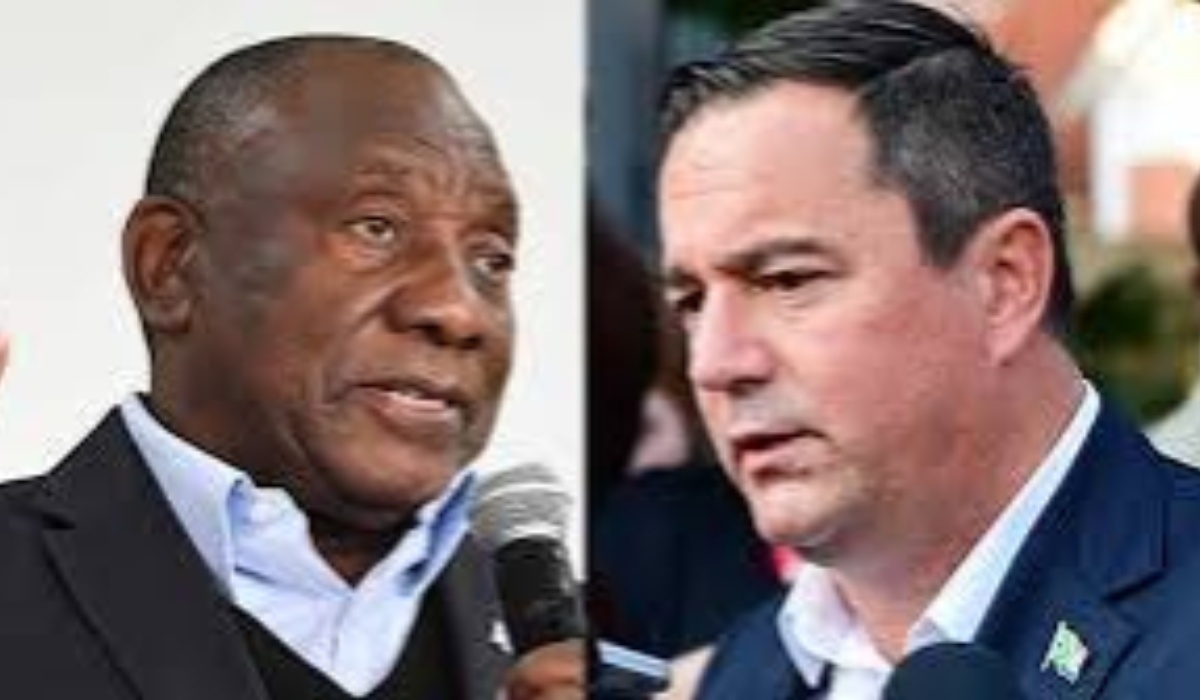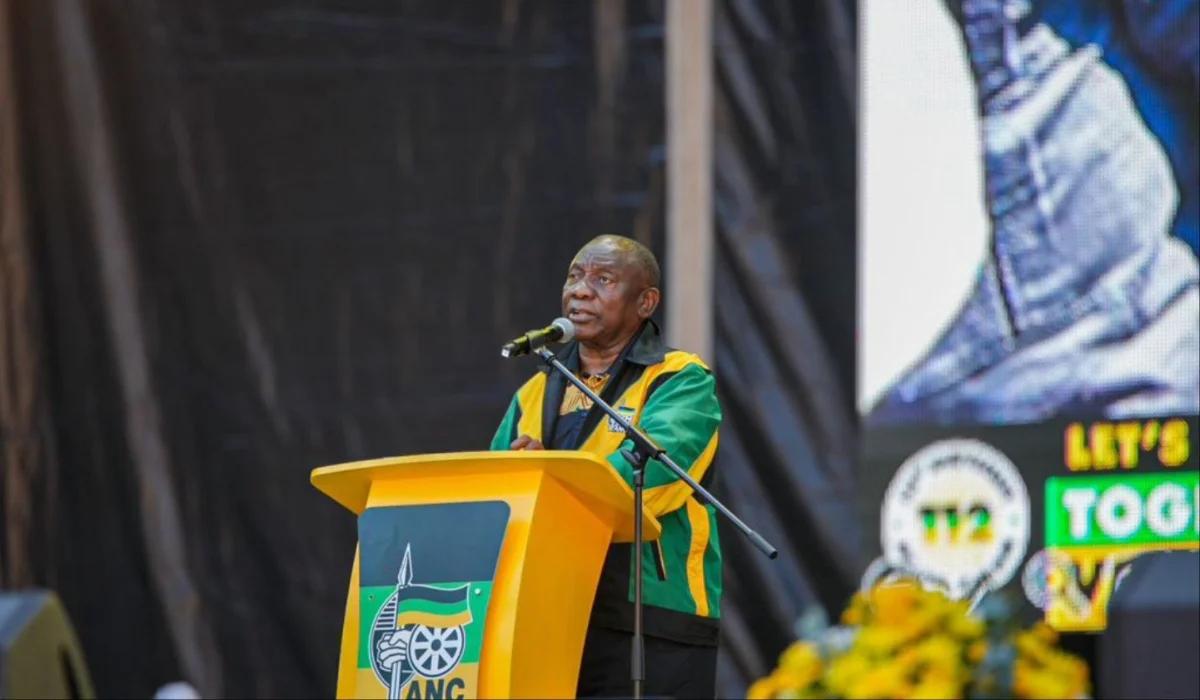South Africa’s Cyril Ramaphosa has been re-elected as president following a historic coalition agreement between the ruling African National Congress (ANC) and several opposition parties.
Formation of a New Government
This new government is a unity coalition comprising Ramaphosa’s ANC, the centre-right Democratic Alliance (DA), and various smaller parties. In his victory speech, Ramaphosa celebrated the coalition and emphasized that citizens expect their leaders to “act and work together for the good of everyone in our country.”
The agreement was finalized amid intense political manoeuvring, with the National Assembly working late into the night to confirm the new administration. This coalition was formed after weeks of speculation about the ANC’s potential partners following its loss of a parliamentary majority for the first time in three decades during the recent elections. The ANC secured 40% of the vote, while the DA garnered 22%.
A Remarkable Coalition
Fikile Mbalula, ANC secretary-general, described the coalition deal as a “remarkable step.” This agreement allows Ramaphosa, who succeeded Jacob Zuma in 2018 after a fierce internal power struggle, to remain in power. The next phase involves Ramaphosa assigning cabinet roles, which will include members from the DA.
This multi-party coalition does not include two ANC splinter groups, which might gain if the coalition fails to meet voters’ economic expectations. Nonetheless, many South Africans, according to opinion polls, hope this unprecedented alliance will succeed.

A Turning Point for the ANC
The ANC has always received over 50% of the votes since the first democratic elections in 1994, which brought Nelson Mandela to the presidency. However, public support has waned due to widespread dissatisfaction with corruption, unemployment, and crime.
Reflecting on the ANC’s historic victory 30 years ago, Ramaphosa addressed parliament, stating, “We have been here before, we were here in 1994, when we sought to unite our country and to effect reconciliation – and we are here now.”
An Unprecedented Alliance
The alliance between the ANC and the DA is unprecedented, given their long-standing rivalry. Under Mandela, the ANC led the anti-apartheid movement and won the country’s first democratic elections. Critics of the DA accuse it of attempting to preserve the economic advantages enjoyed by the white minority during apartheid, an allegation the DA denies.
John Steenhuisen, the DA leader, remarked, “Today is a historic day for our country, and I think it is the start of a new chapter,” while addressing lawmakers late on Friday in Cape Town. The National Assembly also appointed an ANC member as speaker and a DA member as deputy speaker.
Voices from Opposition Leaders
Julius Malema, leader of the Economic Freedom Fighters, who founded the party after leaving the ANC in 2013, spoke following the agreement. He acknowledged his party’s acceptance of “the results and the voice of the people of South Africa” but criticized the coalition, stating, “We do not agree to this marriage of convenience, to consolidate the white monopoly power over the economy and the means of production in South Africa.”
